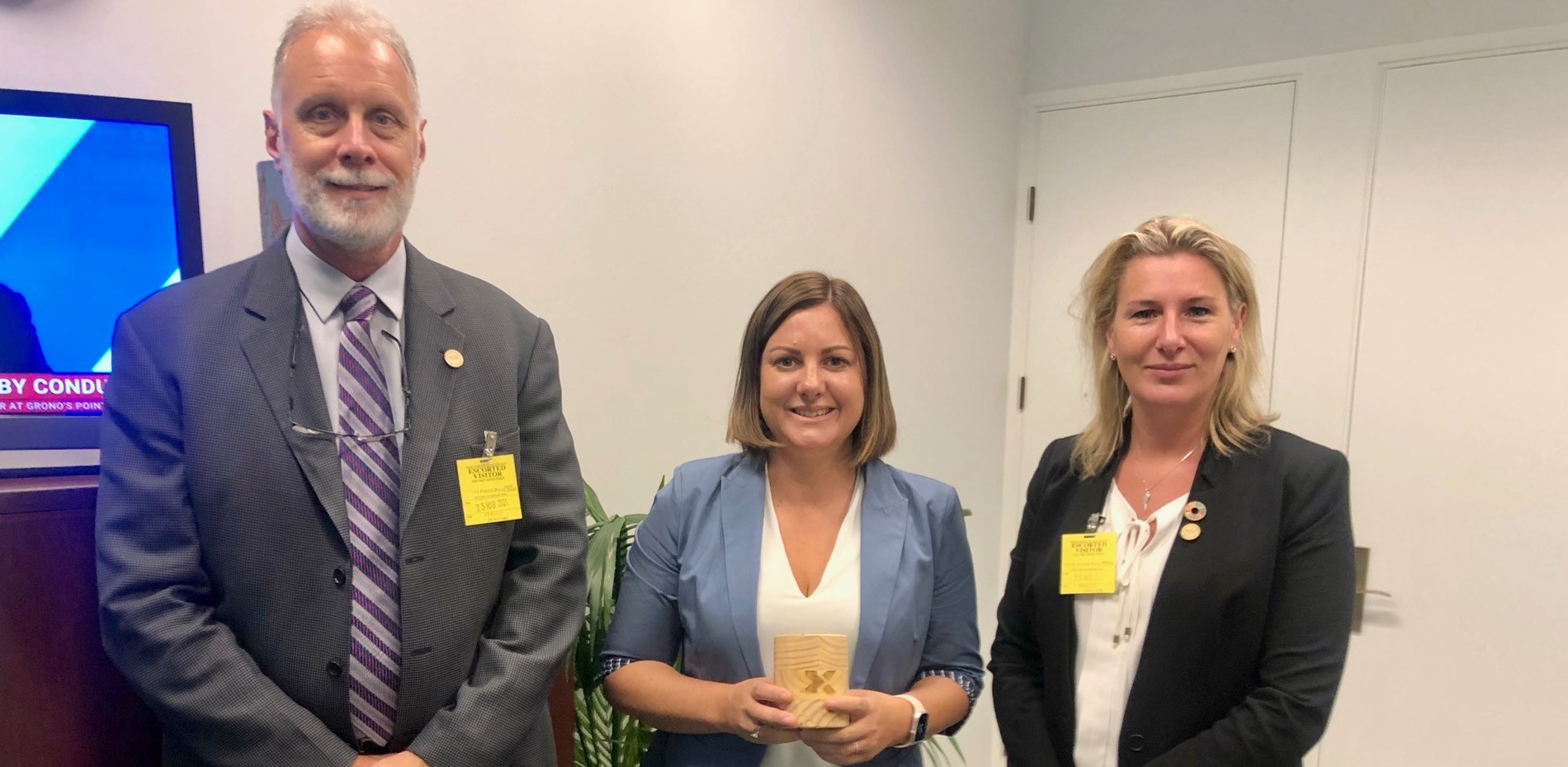It is time the Prime Minister took responsibility for the severe timber shortage that is being felt right across Australia. In my electorate alone, we are seeing home construction delays of up to 18 months, and this is an area that was devastated by bushfires. That could mean an extra 18 months of people being without a home. More broadly, the timber shortage is threatening Australia's construction industry and the jobs it supports across the country. I'm standing here today raising this issue because the timber shortage and the lack of government action would disproportionately affect businesses, individuals and families in my region.
We know there are several factors which have contributed to the shortage we're seeing today, including the Black Summer bushfires, which devastated my region and wiped out 40 per cent of the softwood plantation supply in parts of my electorate. The fire impacts have had a serious adverse impact on the future availability of timber products, for at least the next 20 to 30 years, in the South West Slopes and also Bombala. The plantation sector is the most significant socioeconomic contributor to the South West Slopes region. Thousands of jobs are reliant on this sector, through Hyne Timber at Tumbarumba, AKD Softwoods, and Visy in Tumut, and there's an estimated 500 jobs in Bombala and surrounds, through the Dongwha timber mill. Timber processors in Tumut and Tumbarumba fear the timber shortage will lead to people losing their jobs, which would have a devastating impact on these towns. With salvage logging ending, there are fears there won't be enough wood for all the processors in the region to have continued supply at their usual levels.
I have spoken to truss and frame business owners across the region, from Bega to Tumut, who also have serious concerns about accessing supply. I've met with Hyne Timber multiple times. They produce about 20 per cent of the wood which goes to housing trusses manufactured in Australia. They, like other industries, are working hard to secure supply from alternative sources, but this means crippling increases to the cost of manufacturing, due to the increased freight costs. This government's bushfire recovery package for processors specifically excluded freight support. While Hyne has found ways to continue in the short term, there is uncertainty about the long-term viability of some of these mills. Without a consistent supply of logs, mills will be forced to close and jobs will be lost.
While the bushfires had a significant impact, they were not the only problem. Prior to bushfires, demand in Australia for softwood for house framing was already exceeding local supply. Timber is already being imported from overseas to frame up a fifth of our homes today, but if this shortage isn't addressed we are headed towards a deficit of 250,000 house frames. A lack of action risks the timber shortage becoming an entrenched problem. We'll no longer have the capacity to provide Australian softwood to build Australian homes into the future. A real plan, followed by real action, is needed. This government needs to listen to industry, listen to construction workers and listen to everyday Australians trying to build or renovate their homes, because this timber shortage is affecting everyone. If the government doesn't actually do something, we risk not having adequate supplies of Australian timber not just next year but over the coming decades.
The frustrating thing is that this government has been well aware of this. In 2018, the Morrison-Joyce government promised to radically expand Australia's timber plantation by one billion trees. Today, less than one per cent of that goal has been achieved. If we continue at this rate, instead of hitting that target at 2050 it will take over 300 years. The concessional loan program that was set up to help meet the one billion trees target is yet to even open, after the government promised $500 million before the last election. The government has freely admitted the goal that was set is a long way off, but, as usual, the government has offered no answers to explain this policy failure, nor has it shared any plans to fix the problem. As a nation, we cannot afford any reduction of current plantations and this government needs to prioritise building a stronger, more competitive and ecologically sustainable forestry industry. We need to keep timber processing onshore, and we need to ensure there is adequate local supply. We know new trees mean new jobs, particularly in rural and regional areas, but right now the promise of one billion trees is just another one of the Prime Minister's promises. This government has talked a big game on housing construction, but its failures on timber shortage shows it doesn't care enough. It's time for this government to deliver on its promises, or the timber shortages will grow more dire in decades to come.



